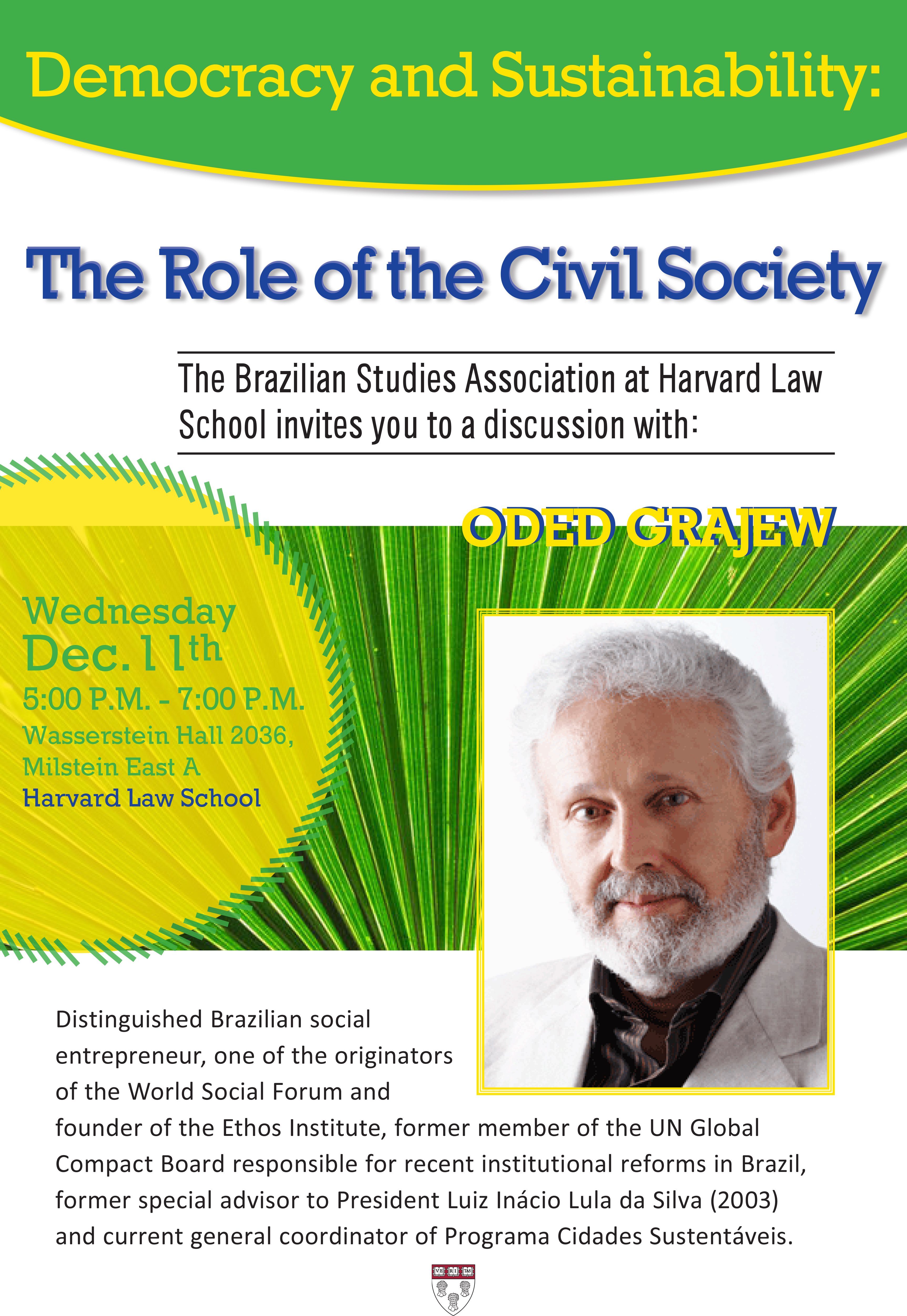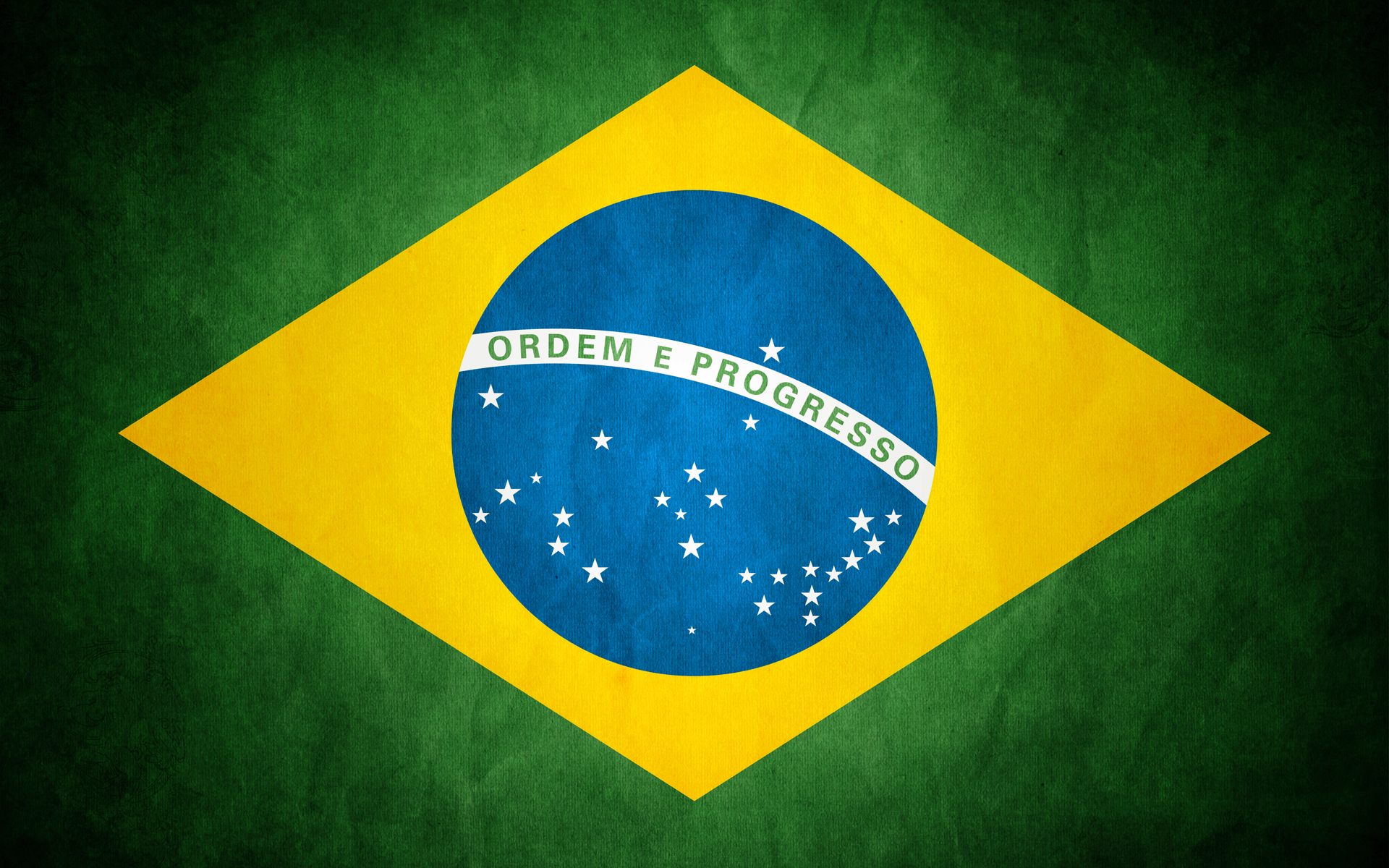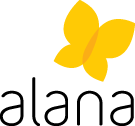Event: Fighting Corruption in Brazil
Event: Fighting Corruption and Promoting Public Transparency in Brazil
Day: Friday, November 15
Time: 12:00 – 1:00 pm
Where: WCC 5048, Harvard Law School
Note: This is a brown bag lunch event.
HLS students tackle food advertising to children in Brazil
A team of law students from the Harvard Law & International Development Society (LIDS) recently published a book, “Food Advertising and Children – Regulation in Brazil and the World” with two Brazilian NGOs, Instituto Alana and Brazilian News Agency for Children’s Rights (ANDI). The book, which is a collection of essays, is aimed at legal professionals and public administrators to encourage the adoption of effective measures to protect children from the negative effects of food advertising.
For the full post, click here: http://law.harvard.edu/news/2013/10/24_hls-students-food-advertising-brazil.html.
Findings from past LIDS project posted on client’s website
September 20, 2013 – Maria Parra-Orlandoni
In the Spring 2013 semester, LIDS completed a project entitled “Public Health and Food Advertising to Children” under the supervision of Orrick, Herrington & Sutcliffe with Instituto Alana and ANDI as clients. Instituto Alana, a non-profit dedicated to children in Brazil, has been focusing on addressing serious public health issues that impact children as a result of development. ANDI is a news agency for children’s rights that is one of the leading NGOs in Latin America working at the intersection of media and development.
A team of LIDS students, led by Maria Parra-Orlandoni and Edgardo Perez, analyzed food marketing to children, focusing on regulating advertising to children for foods with high levels of salt, fats, and sugars, as well as beverages with low nutritional content. The team conducted comparative research to examine the self-regulation initiatives as compared to government regulation initiatives in an effort to identify the most effective policies for addressing Brazil’s nutritional issues and obesity epidemic that affects 15-30% of the children in Brazil.
Instituto Alana reported a summary of the LIDS team’s major findings in a recent blog post. Some excerpts of the post are translated to English below:
“The [LIDS] researchers conclude that the existence of a legal system that empowers underlying supervision and compliance with the rules is critical to the success of self-regulation….”
“[The LIDS findings] also affirm that if self-regulation does not have enforcement, i.e., liability and ability to punish, it will not be successful. In addition, LIDS research emphasizes the importance of setting clear rules that do not generate ambiguities causing overlaps or rules that allow the market to create their criteria according to private interests.”
LIDS contributes to new Brazilian book on advertising food to children
September 4, 2013 – Maria Parra-Orlandoni
Isabella Henriques, director of Brazilian NGO Instituto Alana, and Veet Vivarta from Brazilian NGO Brazilian News Agency for Children’s Rights (ANDI) have just edited and released a book entitled Food Advertising and Children – Regulation in Brazil and the World (Publicidade de alimentos e crianças: regulação no Brasil e no mundo), which analyzes the local and global regulatory policies of food advertising, comparing the initiatives of different countries.
About the Book
The book, which is a collection of essays, was published through a joint effort by Instituto Alana, ANDI, and LIDS. LIDS’ major contribution was conducting comparative research involving seven selected countries: Canada, Australia, United States, European Union, Sweden, France, Germany, and United Kingdom.
Aimed at legal professionals and public administrators, the collection of essays seeks to inform and encourage the adoption of effective measures to protect children from the negative effects of food advertising in Brazil and elsewhere. “Knowing the way other countries are dealing with the issue of advertising of food and non-alcoholic beverages is essential for the construction and implementation of the Brazilian legal bases,” writes Henriques.
The book meets Instituto Alana and ANDI’s objectives of promoting children’s rights through media, which is a goal that requires accounting for the economic interests of large industries. The hope is that focusing on children’s advertising helps boost responsible consumerism from and early age. In the case of ads for foods with high-caloric content or low nutritional value, addressing children’s advertisement becomes a matter of public health due to the growing obesity epidemic among Brazilian children.
The first part of the book creates the proper context by exploring the current situation of Brazil, the laws in place, the self-regulatory agreements, and the reinforcement of statutes, bills, and relevant regulatory guidelines. It also discusses the challenges and prospects for regulation in the country, as well as the need for joint action from social organizations, schools, businesses, and governments to protect children.
The book later features an analysis by Professor Corinna Hawkes, a key actor in the public policy agenda in the United States and president of the Group of Experts in Food Marketing for Children, at the World Health Organization. Hawkes writes about food marketing to children in the world, the policies that have been created on the subject, and the policies’ consequences.
Food Advertising and Children – Regulation in Brazil and the World is available in Brazilian bookstores. It is also available through the publisher’s web site (www.livrariasaraiva.com.br) or by phone (55 (11) 4003-3390).
About Instituto Alana and ANDI
Instituto Alana promotes critical awareness about product and services consumption practices by children in Brazilian society. ANDI is one of the leading NGOs in Latin America working at the intersection of media and development.





